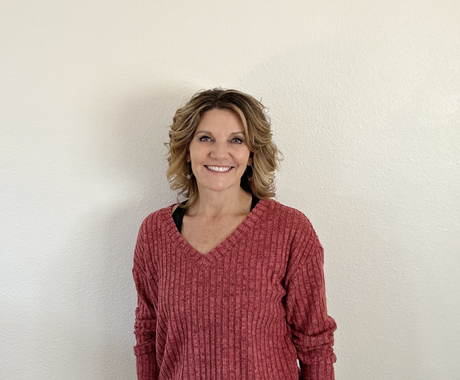By Henry Miller, former staff member
Growing up on an acreage in rural Nebraska played a vital role in how I understand relationships.
At 4 years old, I was oblivious to “city kids” having the luxury of a friend living only a house or two down the street. I was willing to settle for friends a mile and a half down the gravel road, which by rural standards is next door.
Maturing in this fairly isolated area led me to engage in conversation with anyone I could find. This didn’t give me an option to only spend time with like-minded people.
I distinctly remember being in my teens and groveling for my father’s sympathy over a political argument I had with the childhood friend who grew up down the road. Dad offered me no pity or comfort. His instructions could be paraphrased to something along the lines of, “Well, you two better figure it out, because a disagreement isn’t worth losing a friend over.”
Since that day, I’ve valued communicating with people whose ideas differ from my own and building relationships with those who share my vision. Funny enough, this dream of diplomacy led me to working on the policy team at the Center for Rural Affairs as an intern for the summer.
Coming in, I assumed policy work would be dry and technical, but equally rewarding. What I didn’t anticipate was how relationship-based and interpersonal the work would be. The organizational culture at the Center taught me this naturally.
If you’ve ever stepped into the Center or had a conversation with one of the staff, it’s hard to miss each person’s passion for their work. I’ve worked a spectrum of odd jobs elsewhere from a grease-covered farmhand to a buttoned up teacher's assistant at Wayne State College, and I have yet to find an environment where everyone is so intertwined.
For example, as soon as tomatoes and cucumbers ripen, our office counter is overflowing with produce for others to take home. Early on, these daily contributions displayed to me a unifying environment.
Even lunch reflects the organization’s culture, as each of us sits around a half-moon table that can only resemble a family dining experience. We have never lit candles, but it would be the next logical step.
During the meal, each person shares about their garden, livestock, family, or pets. Conversations settle and meals wrap up with a refill of coffee and each person goes their own way. There is no boss micromanaging everyone, but rather people voluntarily shift back to their vocation out of passion rather than duty. A laissez-faire leadership style would easily be noticed by any independent observer.
The Center has been able to locate my strengths and push me forward in areas I thrived. Oddly enough, my favorite part of the three-month internship was receiving a calling list of 263 people.
Dialing phone numbers, listening to each person's story, and asking them to join in on a community conversation about the future of rural Nebraska is empowering. Each phone call was engaging and became second nature to me as everyone in the office displayed such love for their work it was contagious.
You feel people’s excitement, passion, and resilience over the phone. Together, they are willing to walk uphill and search for a solution to the most difficult challenges both our generations have faced.
Policy advocacy has offered me an avenue to engage people who are both like-minded and on the fence about serious issues. This work can be technical, but it’s far from dry.
The Center taught me how to build relationships without directly giving me instructions. The culture here is a lesson all its own, and I’m going to miss the excitement.





